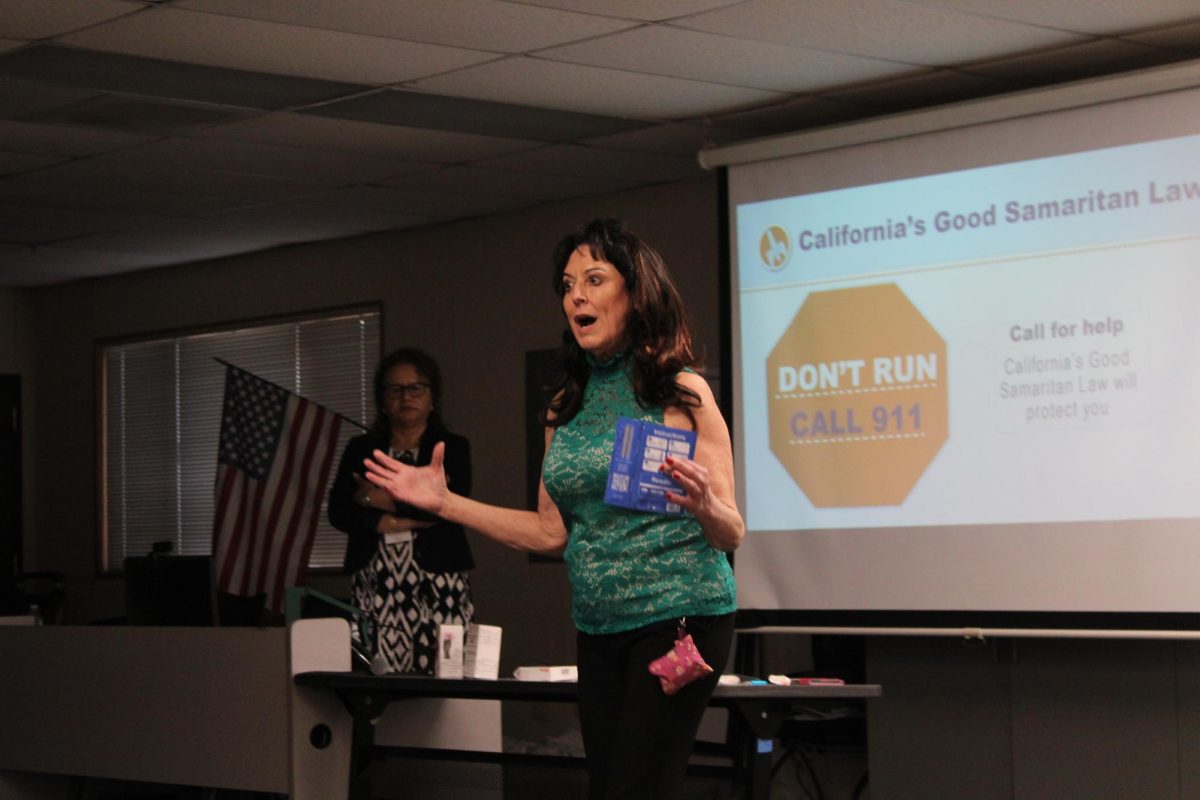Fukushima Daiichi, a Japanese nuclear power plant, is quite literally in hot water.
In the 2011 Tohoku earthquake and tsunami, employees protected the plant’s reactors by flooding them with huge amounts of water, in turn contaminating it with the toxins from the plant. The Japanese government and Tokyo Electric Power Company (TEPCO) have worked closely together since the accident and recently, on August 23rd, decided to gradually release this radioactive water after it has been treated into the Pacific Ocean. The UN claims that nuclear water waste will have a negligible harm, but nations like China and South Korea remain concerned.
Ever since its reactors were destroyed, Fukushima Daiichi’s water storage tanks started reaching max capacity, posing a technical problem for Japan. Both TEPCO and the Japanese government decided that the “only” viable solution was to release the water into the Pacific Ocean.
This controversial decision sparked searing comments from Chinese and South Korean government officials, and China has indefinitely banned seafood exports from Japan right after the decision was made.
The official statement released by the Chinese Foreign Ministry’s spokesperson says, “[Japan] failed to prove that the ocean discharge is safe and harmless to the marine environment and people’s health, and that the monitoring plan is sound and effective. By doing so, Japan has turned itself into a saboteur of the ecological system and polluter of the global marine environment.”
However, the U.S. expresses its support for Japan, as the U.S. Advisory Team for Environment, Food, and Health concluded that the “FDA has no evidence that radionuclides from the Fukushima incident are present in the U.S. food supply at levels that are unsafe and believes this action will have no effect on the safety of foods imported from Japan and U.S. domestic food products, including seafood caught off the U.S. coast.”
TEPCO and the Japanese government denied these claims and shared their system on how to filter the water safely into the ocean, which was in place since 2011. This includes the Advanced Liquid Processing System (ALPS), a filtration system developed by the Japanese government to filter out dangerous isotopes like cesium-137 and strontium-90. However, ALPS cannot remove tritium, which is part of the water itself. TEPCO addressed this problem and stated that they have a plan in place to dilute the water so heavily and slowly that there will be no effect when they discharge it into the ocean.
To further reassure the public, the Japanese Prime Minister Fumio Kishida was filmed on national television eating fish caught off the coast of Fukushima to prove that the seafood was safe to consume. This aligns with statements experts like Dr. David Krofcheck, Lecturer at the University of Auckland, who say that the discharge shouldn’t be a public concern as “much more tritium has been released by normally operating nuclear power plants into the North Pacific Ocean by China, South Korea, and Taiwan.”

















































